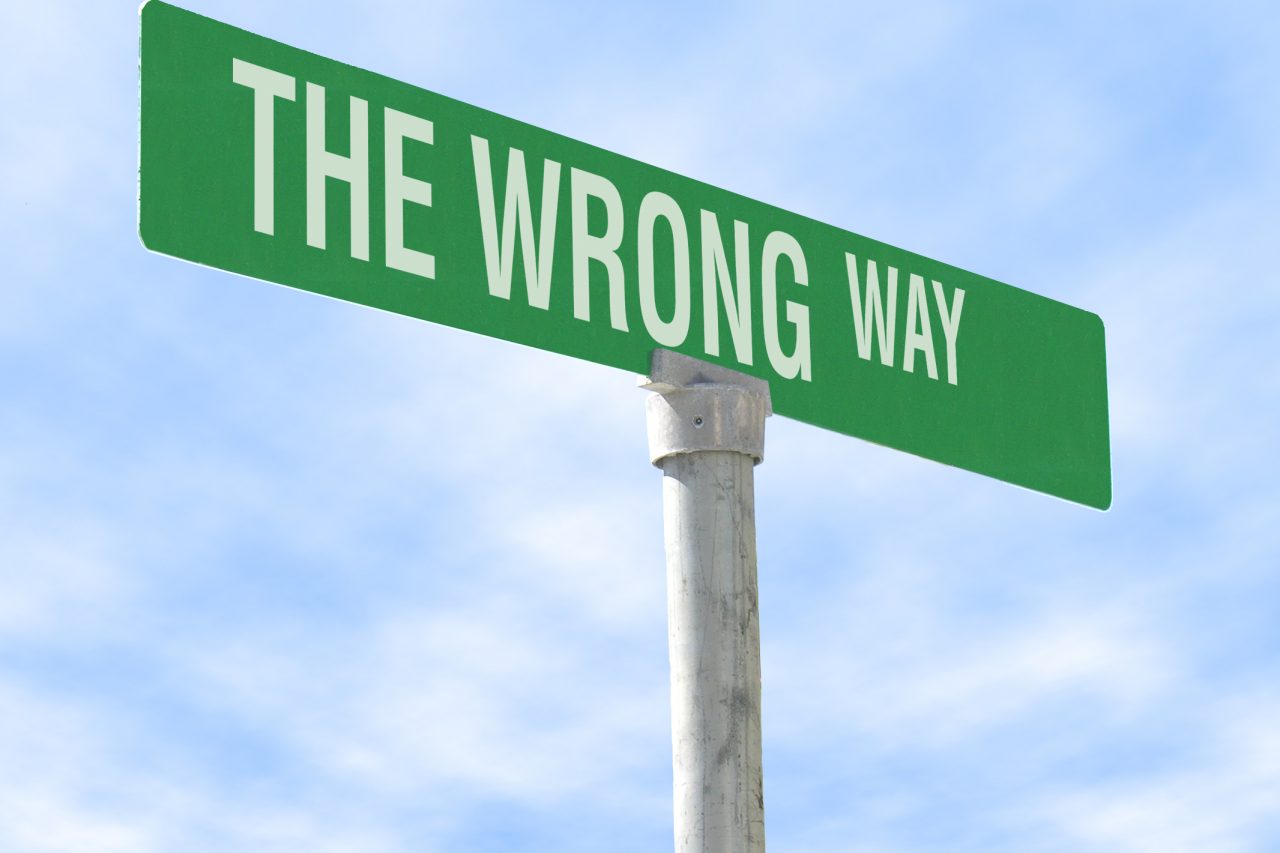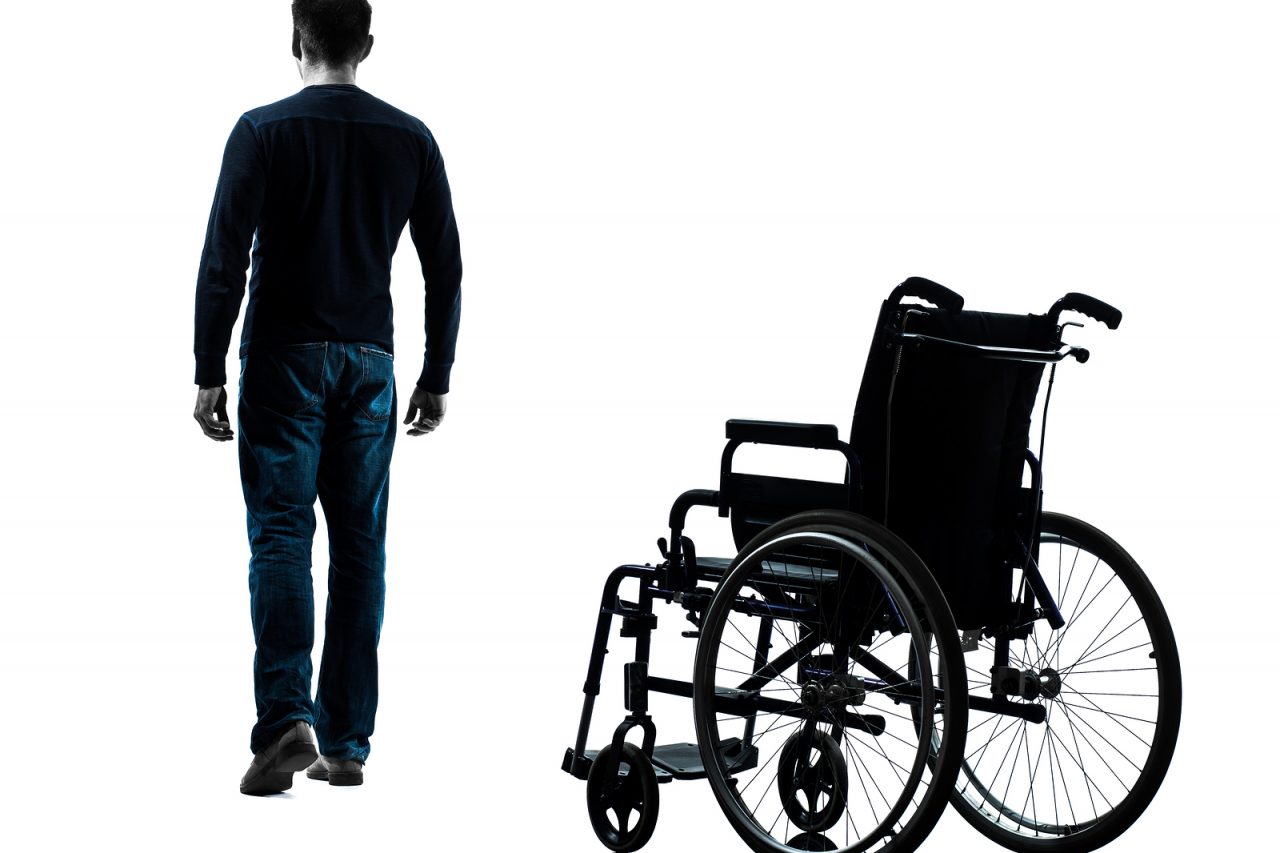There are two, old, particularly nasty rumors, about cash and cancer. The first, which seems to be fading, is that scientists cured the disease long ago, but the pharmaceutical industry suppresses the cure so they can get rich selling worthless therapies. This never made sense to me, since the company or person that cures cancer will be rich beyond anyone’s wildest dreams. In addition, I have personally known several thousand cancer researchers and have seen their intensity and dedication; there is no chance even the smallest cancer cure “secret” is suppressed.
However, another ancient awful adage still seems to lurk, appearing every now and then to frighten, confuse and hurt my patients.
This week I met a gentleman with an aggressive cancer. After reviewing his records, taking his history, and doing an examination, I sat down to talk with him and his wife regarding choices. Before I could begin, his wife said, “I want you to know that we are not going to do chemotherapy, because our family doctor told us that the only reason oncologists give those poisons is to make money.”
While I have heard this piece of trash talk before, for some reason it hit me hard with this particular patient, whom I was working very hard to help. I understand that at times cancer doctors do order too much therapy. Moreover, I appreciate there are a few bad seeds. However, it is my experience that over treatment is not about profit, but because the doctor or patient has trouble letting go. Nonetheless, there continues to be real confusion regarding the motivation of the average doctor.
It is time for an honest conversation about money and malignancy. Could this family doctor be right? Is the average ethical oncologist looking at your CT scan images as a potential treasure trove of wealth? Do we go to our pharmacist and say, “Cheryl, mix me up 2 of those reds, 7 of those blues and 1 of that really expensive, but practically useless, golds, because that new Tesla is looking really good. Oh, and give them something to lose their hair, so we can sell those wigs we bought last year.”
Absolutely not. Can I be more emphatic? Never. Nada. Not at all. It is not how doctors, who spend their life at cancer’s bedside, are wired. We see patients in pain, families in fear, the lives of our neighbors and fellow man threatened. We are trained and driven to attack disease. Beyond our oath to heal, we are deeply bound to each patient as fellow human beings. Even when we fail to connect at personal level, even when we are clumsy communicators, even when we seem distracted, we feel a responsibility to our patients and our profession and do not make decisions based on our own fiduciary benefit.
This is not to say that oncologists do not make money by providing chemotherapy. The average “margin,” the extra amount of dollars that chemotherapy in the outpatient setting is charged, is between 4 and 6%. That means that if the drug costs the cancer office $100 to buy, the office will receive in payment about $106 dollars. For expensive drugs, that can indeed add up to a lot of money. However, that “extra” is not profit. Where does that money go?
It pays for the secretary that schedules. The admin staff that precertifies. The pharm tech that orders. The pharmacist that designs and mixes. The LPN that takes vital signs, draws blood and “rooms” the patient. The lab assistant that runs the blood count. The nurse, usually bachelor trained with advanced certification in oncology, who educates and administers the IV medicine. The triage nurse that calls the next day and is available for support. The biller who deals with the health insurance company. The equipment. The IT. The heat. The water. Mortgage and lease. And the manager who runs the office.
As expensive as it is to run an oncology office, there is indeed a portion of that “margin” which is left behind. That goes to the oncologist. It pays the doctor for the tasks he or she performs, which are not billed with the regular office visit. Phone calls. Radiology and test review. Designing and monitoring treatment. Documentation. Training and critical conferences. $20,000 of malpractice insurance. Thus, in a well run office, a portion of his or her salary is from chemotherapy.
While many cancer practices have been under tremendous financial strain in the last 10 years, with hundreds going bankrupt and even more merging or being purchased by hospital systems, oncologists in successful practices, in general, have incomes in the top 25% of physicians (US average $269,000/yr). A portion of this pay is indeed from chemotherapy. A large part is from office and hospital visits, with many doctors seeing 30-40 patients a day in the office and more in the hospital. In the end, the medical complexity of practicing cancer medicine, as well as the real financial distance between what the doctor orders and what he is paid, make choosing a treatment for remuneration not only immoral, but unlikely.
I was able to convince this patient and his wife that any suggestions I make regarding treatment, are about giving him the best chance to live, not about helping me live well. I explained the choices for care, and each benefit and risk, which I supported not only with 30 years of experience, the latest of research and expert opinion, but by connecting at a personal level. As always, I promised that I would be there for them, support them, walk the path with them, no matter what the cost.






9 Comments